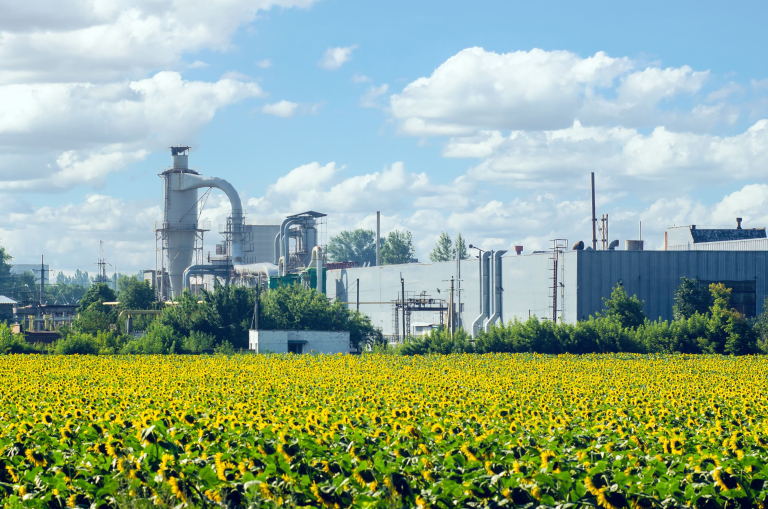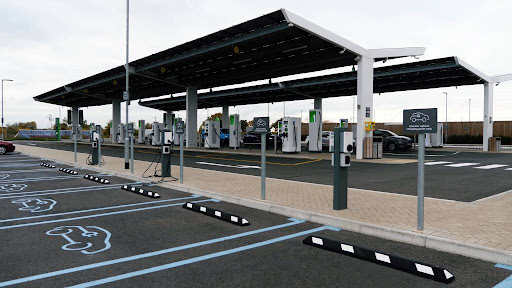Industry
Whatever your type of production, you need to consume energy to help your business perform... while the energy transition prevails. Idex can help you reconcile performance and decarbonisation!
Combining production, profitability and energy transition
Remaining economically viable
Industry players need to lower their sensitivity to fossil fuels and their volatile prices, but they also need to find alternatives with competitive, stable prices over the long term.
Reducing CO2 emissions
The industrial sector needs to reduce its carbon emissions, not only to meet market expectations but also to comply with regulatory requirements and the objectives of the National Low-Carbon Strategy (SNBC).
Optimising the cost of the energy transition
While the energy transition is costly, it is necessary to optimise “green” investments, to use third-party financing and support schemes to ensure that industry retains the budget for production.
Solutions adapted to your industrial activity
Decarbonisation of utilities
Biomass, biogas, waste heat, by-products... Thanks to low-carbon inputs, benefit from an energy at a stable and competitive price
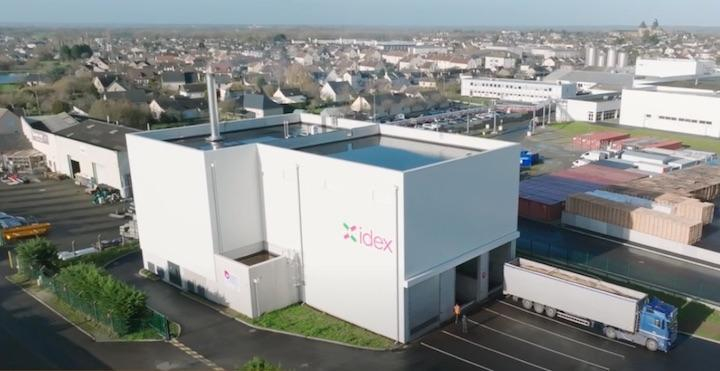
Multi technique & Facility Management
Benefit from multi-technical expertise covering maintenance, management and optimisation of your utilities, safety and security of occupants, and develop a one-stop shop approach to energy infrastructure.
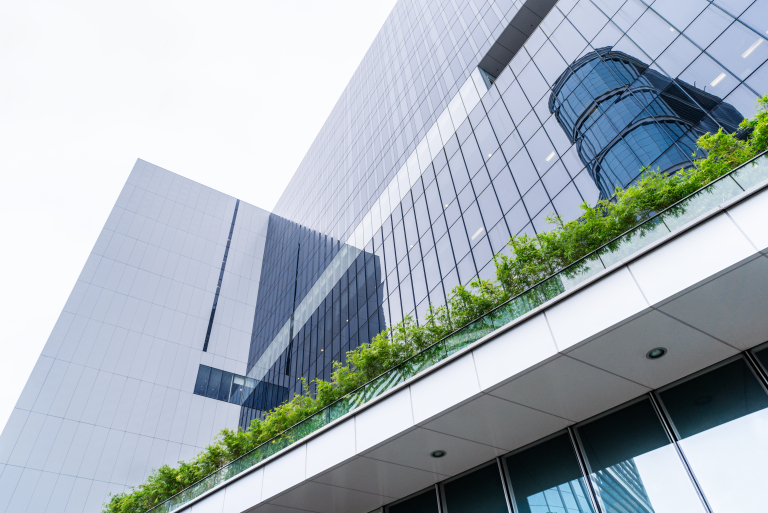
Recovery of waste heat
To put an end to waste heat, take advantage of a system tailored to your site, operated and maintained under a low-carbon heat supply contract.
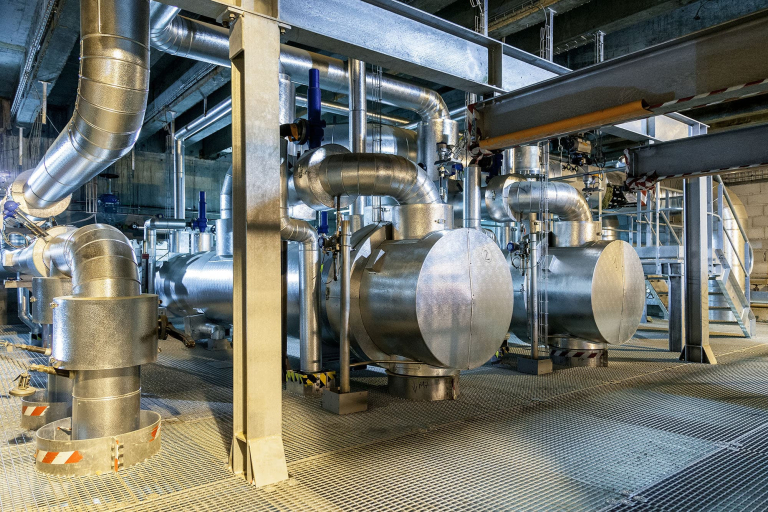
Renewable electricity production
From design to operation, take advantage of a turnkey project and deploy self-consumption of photovoltaic electricity.
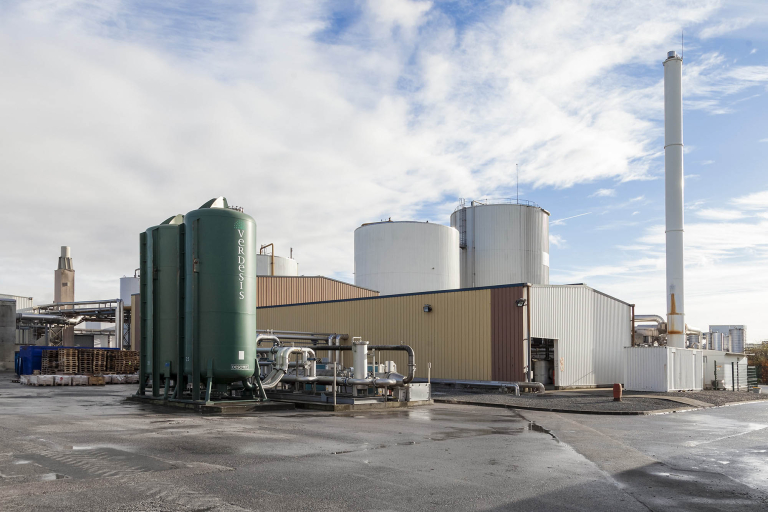
Key figures
500 industrial customers
590 MW of installed thermal capacity
135 MW of installed electrical capacity
Our references

As Europe’s leading contract dryer, LIS is implementing a new energy infrastructure to reduce its carbon footprint. The aim is to replace 85% of its fossil fuel needs with biomass.

The Renescure industrial site’s steam requirements are met by a biomass boiler built, financed and operated by Idex. The project, supported by ADEME, will enable the company to decarbonise its utilities.

To reduce its environmental footprint while maintaining its operational excellence, the Evron plant has set itself an ambitious target: to be carbon neutral by 2025. A biomass boiler covers 80% of its steam requirements and saves 8,500 tonnes of CO2.

With the support of an appropriate organisation and a safety, quality and performance roadmap, Idex can help ensure the continuity of industrial activity with a view to controlling risk.

Responsible for the multi-technical operation of a wide range of equipment, Idex is committed to the quality and responsiveness of its interventions to guarantee continuity of service.
